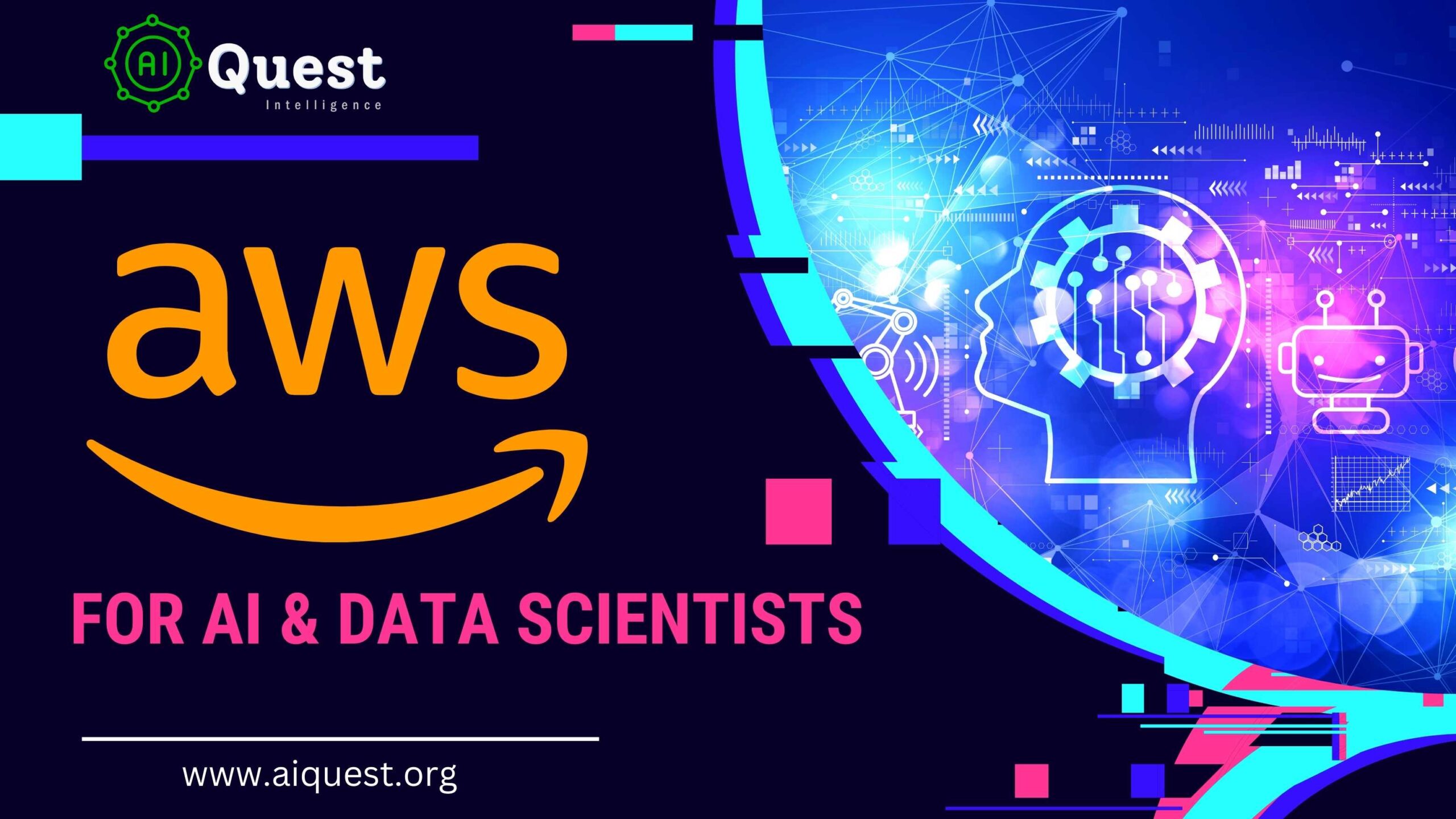- What is AWS?
AWS stands for Amazon Web Services. It is a comprehensive cloud computing platform offered by Amazon.com. AWS provides a wide range of services, including computing power, storage options, networking capabilities, databases, and more. These services are designed to enable businesses and individuals to build and deploy various types of applications and services in a flexible and scalable manner. AWS offers a pay-as-you-go model, where users only pay for the resources and services they actually use, without the need for upfront investments in hardware or infrastructure. This makes it particularly attractive for businesses of all sizes, as it allows them to access advanced computing resources without the need for significant upfront capital expenditure.
Some of the key services provided by AWS include:
1. Elastic Compute Cloud (EC2): It offers virtual servers in the cloud, allowing users to launch and manage instances to run applications and workloads.
2. Simple Storage Service (S3): It provides object storage for storing and retrieving data, such as images, videos, documents, and more.
3. Lambda: It is a serverless computing service that allows developers to run code without the need to provision or manage servers. It automatically scales based on the incoming request volume.
4. Amazon RDS: It is a managed relational database service that simplifies the setup, operation, and scaling of databases such as MySQL, PostgreSQL, Oracle, and SQL Server.
5. Amazon DynamoDB: It is a fast and scalable NoSQL database service for applications that require low latency and high throughput.
6. Amazon Sagemaker: It is a fully managed machine learning service that provides tools for building, training, and deploying machine learning models.
7. Amazon Redshift: It is a fully managed data warehousing service that enables users to analyze large datasets quickly.
These are just a few examples of the extensive range of services provided by AWS. With its global presence and robust infrastructure, AWS has become a leading cloud computing platform, serving millions of customers around the world across various industries.
Is AWS Necessary for Data Scientists? Exploring the Scope of AWS in AI and Machine Learning:
In the world of data science, leveraging cloud computing platforms has become increasingly important. Amazon Web Services (AWS) is one of the leading cloud providers, offering a wide range of services that can greatly benefit data scientists. In this article, we will explore the working scopes of AWS in the field of artificial intelligence (AI) and machine learning (ML), highlighting examples and providing detailed explanations.
1. Elastic Computing and Infrastructure:
AWS provides Elastic Compute Cloud (EC2), which enables data scientists to easily scale their computational resources based on their needs. With EC2, data scientists can launch virtual machines (instances) on-demand, ensuring they have the necessary computational power for AI and ML tasks. This flexibility is particularly useful when working with large datasets or training complex models.
Example: Suppose a data scientist is working on training a deep learning model that requires significant computational resources. With AWS EC2, they can spin up multiple instances with high-performance GPUs to accelerate model training, reducing the time required to obtain results.
2. Storage and Data Management:
AWS offers various storage services, such as Simple Storage Service (S3) and Elastic File System (EFS), which provide scalable and secure options for data storage. Data scientists can easily store and manage their datasets, models, and experiment results, ensuring easy accessibility and collaboration.
Example: Data scientists working on image recognition tasks can leverage AWS S3 to store large volumes of images. They can then use AWS services like Amazon Rekognition or Amazon SageMaker to perform image analysis and extract meaningful insights.
3. Pre-built AI Services:
AWS provides pre-built AI services that eliminate the need for data scientists to develop complex algorithms from scratch. These services offer ready-to-use functionalities for tasks such as natural language processing, speech recognition, and computer vision.
Example: By utilizing Amazon Comprehend, data scientists can perform sentiment analysis on text data without building an entire NLP pipeline. This allows them to quickly gain insights from large volumes of customer reviews or social media data.
4. Machine Learning Platforms:
AWS offers powerful ML platforms like Amazon SageMaker, which provide a complete environment for building, training, and deploying ML models. Data scientists can use SageMaker’s built-in algorithms, or they can bring their own algorithms and frameworks to leverage the scalable infrastructure provided by AWS.
Example: Suppose a data scientist wants to develop a recommendation system. With Amazon SageMaker, they can easily preprocess the data, train a recommendation model using collaborative filtering techniques, and deploy the model as an API for real-time recommendations.
5. Distributed Computing and Big Data Processing:
AWS provides services like AWS Glue, AWS EMR, and AWS Athena that facilitate distributed computing and big data processing. These services enable data scientists to efficiently handle large-scale datasets and perform complex data transformations.
Example: Data scientists working with massive amounts of log data can use AWS EMR to process and analyze the data using Apache Spark, taking advantage of the distributed computing capabilities provided by AWS.
While AWS is not a mandatory requirement for data scientists, it offers numerous advantages that can significantly enhance their work in the field of AI and ML. The scope of AWS in AI and ML spans elastic computing, storage, pre-built AI services, machine learning platforms, and distributed computing. By leveraging these services, data scientists can focus more on the core aspects of their work, reduce infrastructure management overhead, and accelerate their research and development processes. Learn Cloud Computing with AWS!
.

